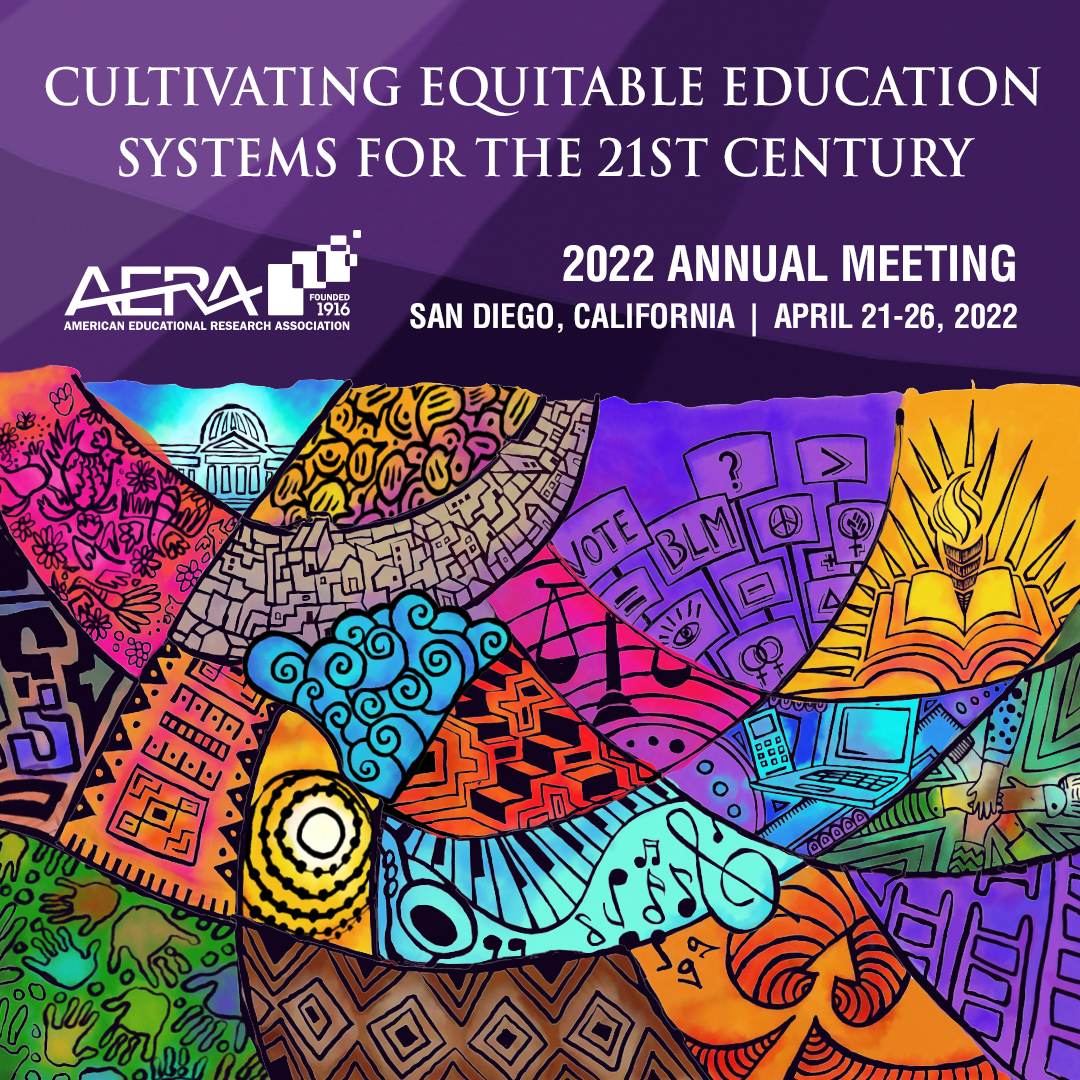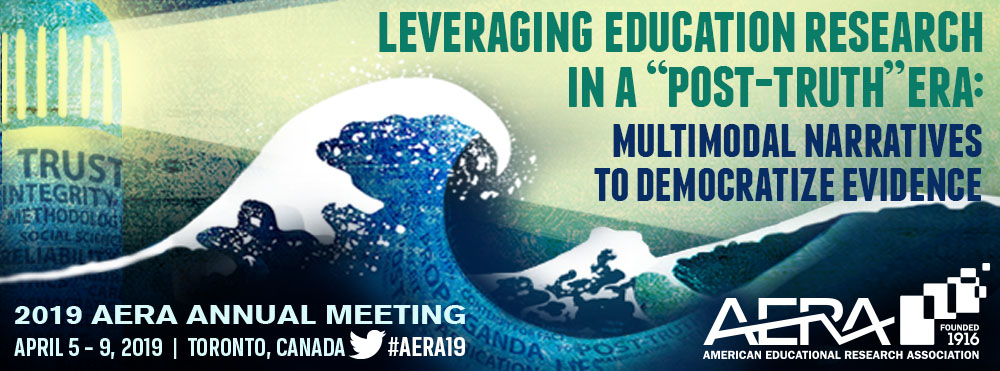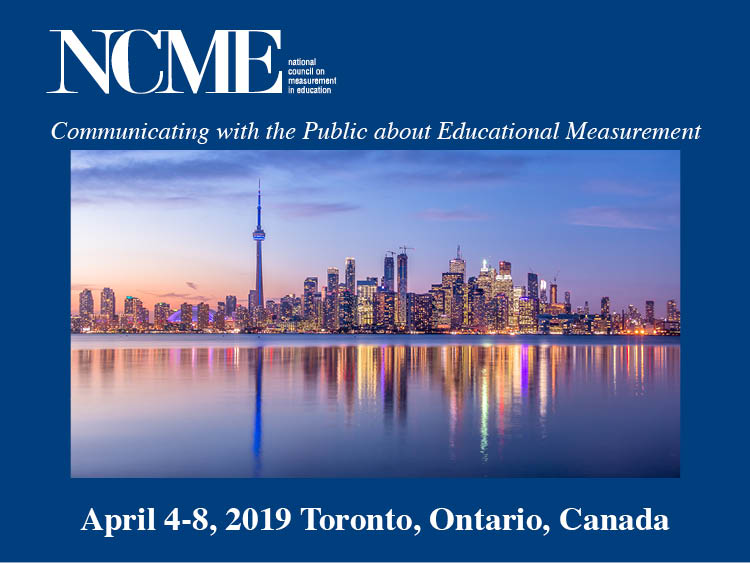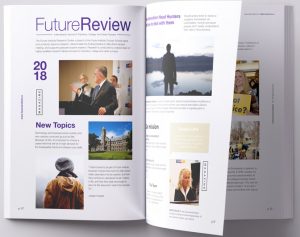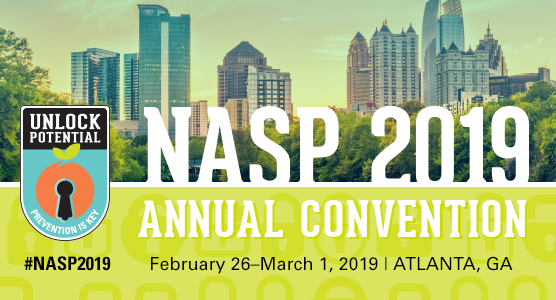DAACS at 2022 AERA
Efficacy of the Diagnostic Assessment and Achievement of College Skills for Traditional-Age College Students Monday, April 25th, San Diego, CA Abstract The purpose of this study was to examine the effects and predictive power of the Diagnostic Assessment and Achievement of College Skills (DAACS) on student success. DAACS is a diagnostic assessment tool designed to measure college students’ reading, writing, mathematics, and self-regulated learning skills and provide them with feedback and resources to enhance their success.

